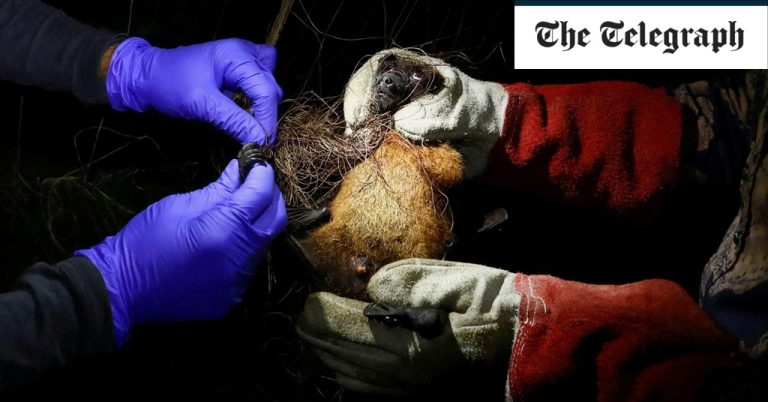Nipah is a zoonotic disease that attacks the brain and has a fatality rate as high as 70 per cent. It is carried by fruit bats, also known as ‘flying foxes’, and can be spread from person to person.
Outbreaks of Nipah virus have historically been confined to South and Southeast Asia, but fruit bats today span a large geographical area covering more than two billion people, prompting the World Health Organization (WHO) to declare that it has “serious epidemic potential”.
Lassa fever is an acute viral haemorrhagic illness, similar to Ebola. People become infected through exposure to food or other items that have been contaminated by rats, which carry the virus. It can also spread from person to person through body fluids.
There are up to 300,000 cases of the disease a year in West Africa, with approximately 5,000 deaths. But around 80 per cent of infections are asymptomatic and experts are unclear how widespread the disease is.
There is no effective treatment or vaccine against Nipah and Lassa, but several jabs are in development.
Although diagnostic tests exist for the two viruses, they are not readily available for the sort of mass testing seen during the Covid pandemic.
